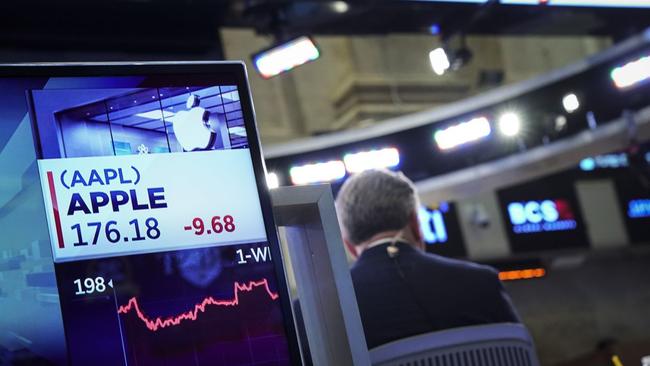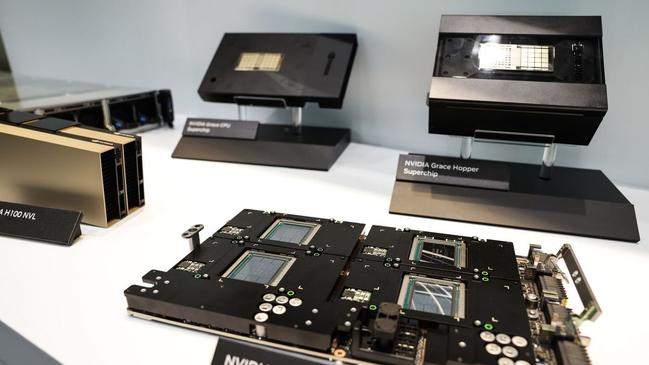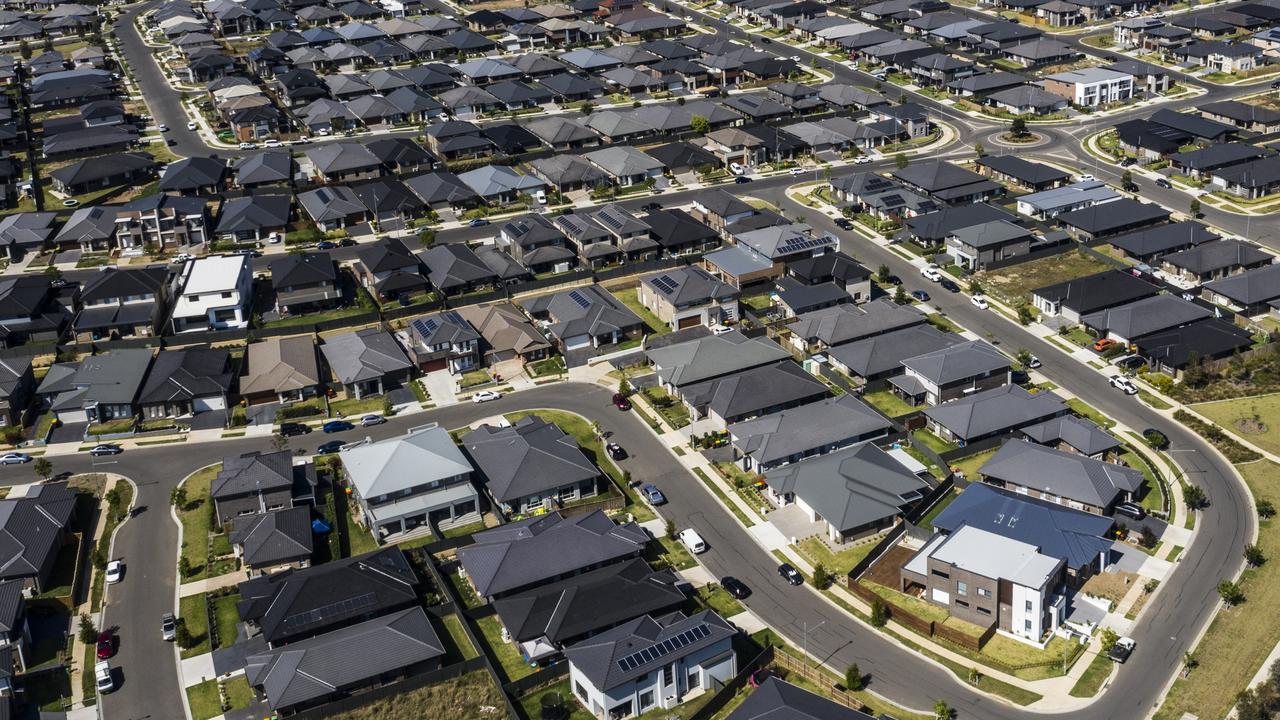
The dramatic fall on Wall Street which smashed shares around the globe was triggered by the same force that historically precipitates most crashes: the source of the money that was fuelling the boom dries up.
And in the August 2024 crash a sudden series of nasty events around the globe multiplied the impact of the drying up of capital. All too often investors focus on the nasty events rather than the forces that dried up the capital.
For the last two or three years one of the most reliable global money making exercises has been to borrow money in low interest rate, low currency countries like Japan and invest in shares plus Bitcoin.
The focus of this so called “carry trade” was Japan, so when Japan raised interest rates and the yen began to rise suddenly borrowing in Japan became more costly and more dangerous. Institutions began selling their US, Japanese and global shares to repay debt and we discovered because the “carry trade” had been in place for years it had grown to enormous size.
Suddenly the risk factors in the US and other markets looked more dangerous, multiplied by a series of adverse forces emerged at once:
– Much of the carry trade capital was concentrated around a very small number of large US tech stocks: Nvidia, Microsoft, Amazon, Apple, Alphabet and Meta. All were linked to the $US1 trillion artificial intelligence boom. Artificial intelligence is going to create great wealth in a number of areas of the sharemarket but not everyone will win and there’s still a lot of work to be done.
As in the “dotcom” crash at the turn of the century the artificial intelligence market, boosted by the carry trade, got ahead of itself.
– Before President Biden left the 2024 presidential race, Donald Trump look certain to become president. Now there is no certainty and indeed Kamala Harris is the front runner. Trump planned a massive US boom based on low cost energy; tariffs mainly on Chinese goods and much lower taxes. The tariffs, plus Chinese car import restrictions, were aimed at creating massive investment in US manufacturing. Global trade would be severely impacted so the US sucked in investors. Harris is a left winger who will not be kind to equity markets and is likely to raise taxes and pursue much higher priced “green” energy policies. That’s not what the markets had priced in.
– The high US interest rates began to do their job and benchmark consumer groups like McDonald’s, Coca-Cola and Pepsi reported a sales weakening.
The US job market eased faster than expected. Markets had been expecting good times with high profit forecasts so became nervous. In my view on their own those signals were not strong enough to create a recession but they would create a “weakness stage” that multiplied the fears of left-wing Harris policies.
– The possibility of a much wider Middle Eastern war loomed larger and multiplied the fears in the US economy.

– There is a serious situation in the Chinese economy where the excesses of its property boom are taking much longer than expected to be repaired.
President Xi Jinping is directing investment in manufacturing to satisfying the global market for renewable power generation, including windmill blades and solar panels. There is now a global excess of supply. It’s not goods news for China.
– Worse still, the green revolution in areas like Europe is slowing. Many European countries discovered that renewables like wind and solar are unreliable and the facilities have a limited life. Many are not being replaced. The expected biofuels industry boom was fallen over. The carbon reduction targets are being quietly put back.
There is a looming boom in LNG which is seen as the most economic way of replacing high emissions coal in power generation. And of course if Trump was to be president that natural gas movement would be accelerated. The lower carbon investment boom has certainly not ended but the pace of change is becoming slower than markets expected.
– Australia had its own AI style boom: bank stocks. The Commonwealth Bank became one of the most expensive leading banks in the world. Our banks were particularly vulnerable to a “carry trade” rush of capital.
Among some global traders Australia is seen as a proxy for China. The Chinese problems put increasing the pressure on our currency which flowed to the CBA and then other bank shares.
– Australia’s industrial relations legislation is starting to become globally recognised. It will decrease productivity and lift costs.
What happens next?
The fall in the sharemarket will increase pressure on central banks to lower interest rates and that’s being reflected in the bond markets. Lower interest rates will increase the real value of shares.
But the extent of that relief will depend on how long it is going to take to unwind the “carry trade” and the damage that is being created among the institutions that were big players in the market.
We do not know whether the fall in the market will temper some of the anti-market policies likely from the Harris camp.
After big falls, recovery always comes — but sometimes recovery takes longer than expected. If the market bounces around current lower current levels this will become a normal correction.
If the carry trade damage still has to be worked through and equities fall a lot further then the damage will take longer to correct.
Meanwhile gold and Swiss francs are back in favour. Bitcoin crashed.



